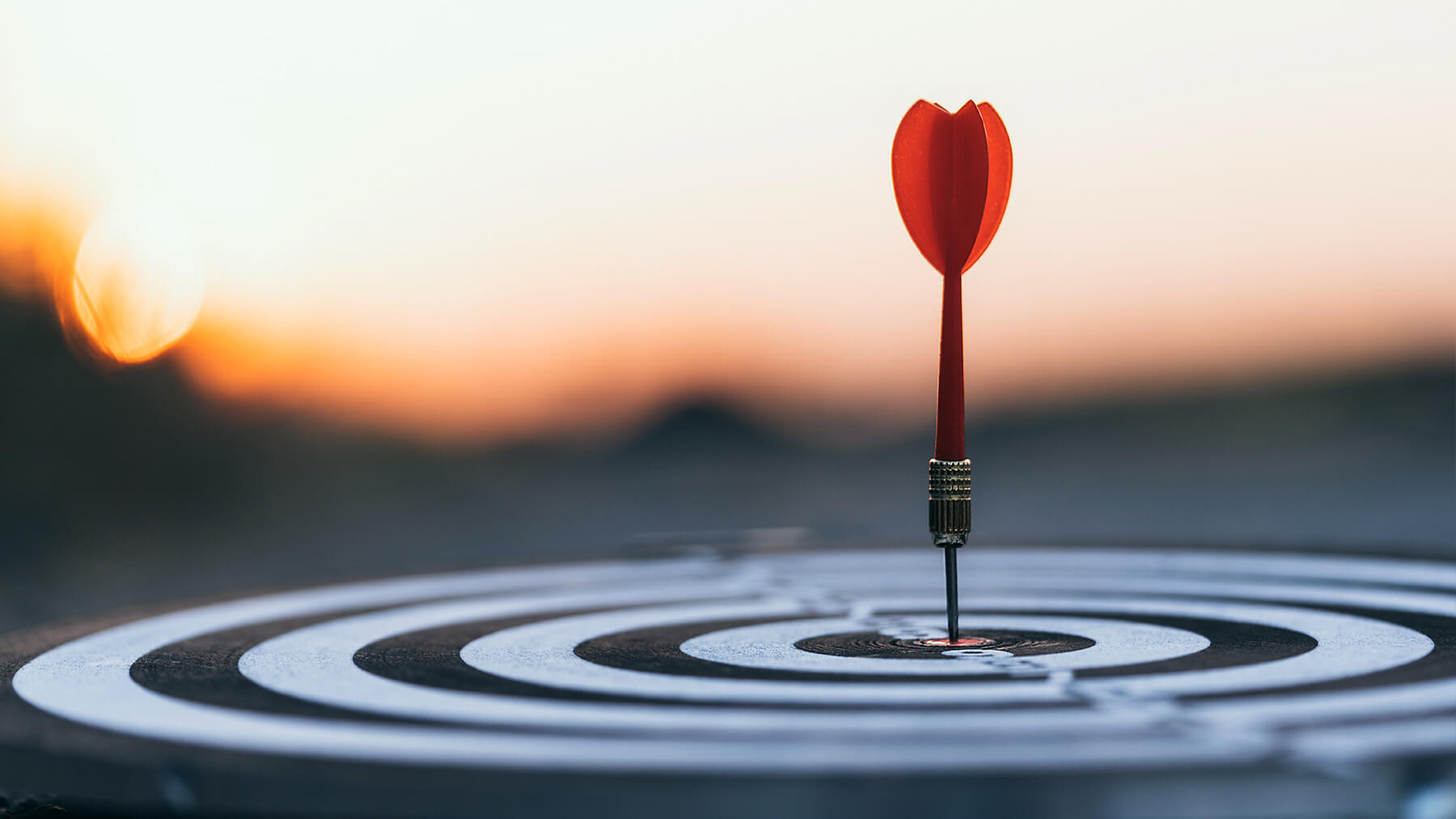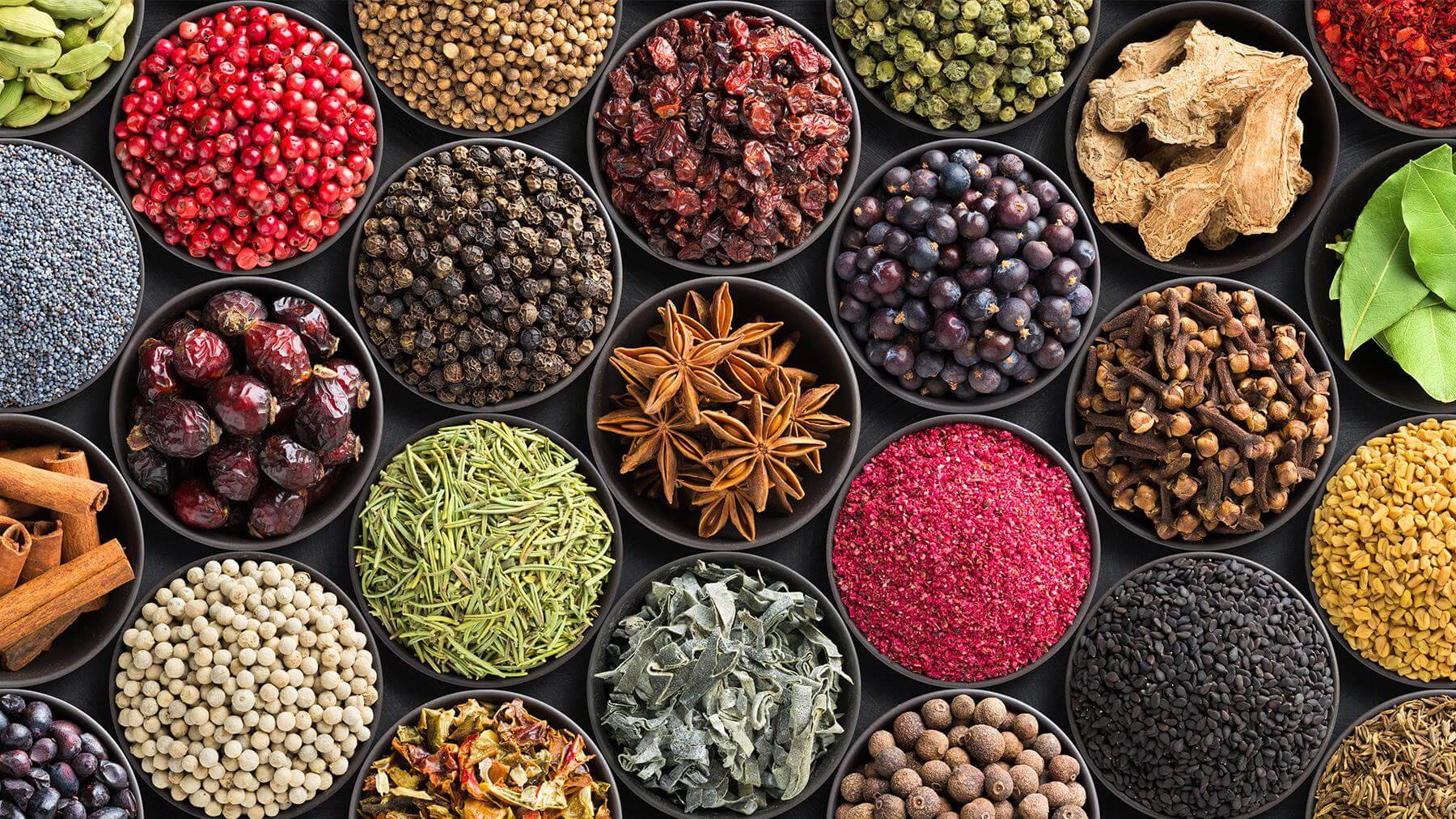
The power of sleep should never be underestimated. It is incredibly important for rest, recovery, healing and regenerating– and it can affect your mood and mental health like nothing else.
When it comes to your brain health, sleep is essential. These periods of deep rest allow memories to be processed, helping us function better in our work and social lives, and improving the quality of our mood.
Sleep also plays a huge part in the way our bodies feel. If you are an avid athlete or gym-goer, you know how important rest is for recovery and muscle regeneration– and whenever you are feeling under the weather, sleep is one of the most critical things you can do to heal.
However, drifting off into a peaceful night’s sleep can be easier said than done. If you suffer from anxiety, insomnia or racing thoughts, it can be so frustrating lying awake for hours on end– and it can have a debilitating effect on your mood the next day. If you are looking for a natural way to encourage sleep, ease anxiety and promote relaxation, plants might just have the answer.



